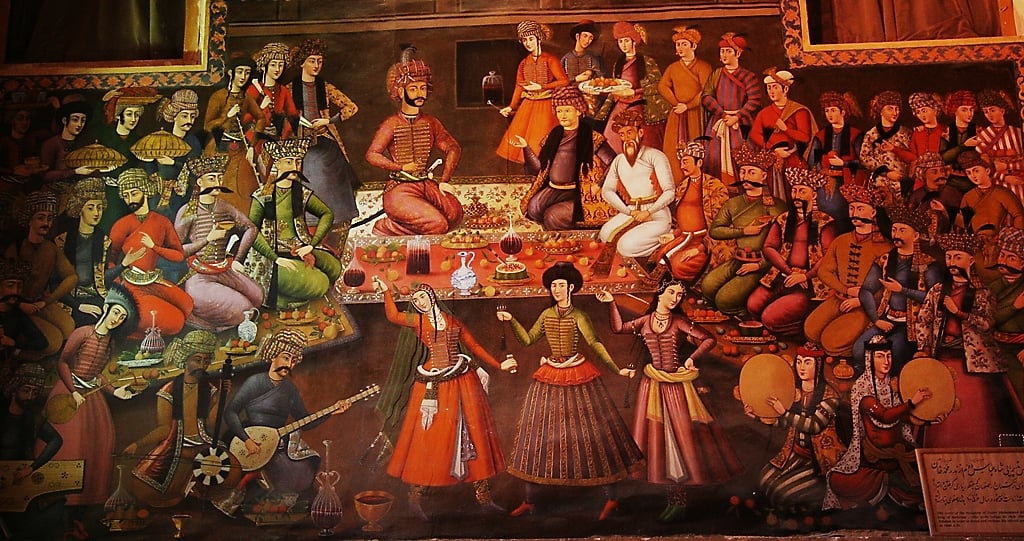

The difference is that he engaged a lot more closely with the spiritual aspects of life and went on to write books such as Safinat-ul-auliya (The Ship of Saints), Sakinat-ul-auliya (The Tranquility of Saints), Risala-I Haqqnuma (The Truth-Directing Treatise), and Hasanat-ul-arifin (Fine Words of the Gnostics), a compilation of exotic sayings by notable Sufis. Gandhi also discusses how Dara’s interest in Sufism can be seen as shared by his father and his older sister Jahanara as well, a point which helps Gandhi establish that Dara was not alone among the Mughals to take interest in worlds other than the material one. Dara also became a disciple of one of Mir’s disciples, Mulla Shah.

She shows that it was Shah Jahan who introduced Dara to Miyan Mir, a Qadiri Sufi mystic, who came to influence Dara’s spiritual quests. Gandhi begins Dara’s biography by looking at how his father and grandfather acted in the capacity of sovereigns. He is revered for his universalism, as is reflected in the legacy he has left behind: the books he wrote on Sufi mysticism and the translation projects of Sanskrit scriptures he oversaw. The Emperor Who Never Was: Dara Shukoh in Mughal India, Supriya Gandhi (Harvard University Press, January 2020)ĭara Shukoh was the eldest and most favored son of Emperor Shah Jahan. In her book The Emperor Who Never Was: Dara Shukoh in Mughal India, historian Supriya Gandhi writes a well-researched biography of the heir-apparent, showing how unrealistic it is to burden a historical figure with present-day guesswork. This attribution of greatness and peace to a single individual deserves a closer, more systematic historical look. Certain voices on the Indian right speculate that had Dara Shukoh succeeded Shah Jahan, Hindus and Muslims could have continued to live peacefully on the subcontinent, and Pakistan would never have come into existence. Against the fundamentalism that Aurangzeb is associated with, Dara Shukoh stands a possible hero who could have turned the course of the history of the subcontinent. He is often contrasted with a brother he eliminated in order to become the Emperor himself.

Aurangzeb, the last of the great Mughals, also continues to haunt contemporary debates about the origins of Hindu-Muslim conflicts in India. In times of communal tensions, Muslims are derogatorily called “the sons of Babur” after the founder of the Mughal dynasty in the 16th century. Indians continue to engage with the Mughal Empire in a way they don’t with any other dynasty.


 0 kommentar(er)
0 kommentar(er)
